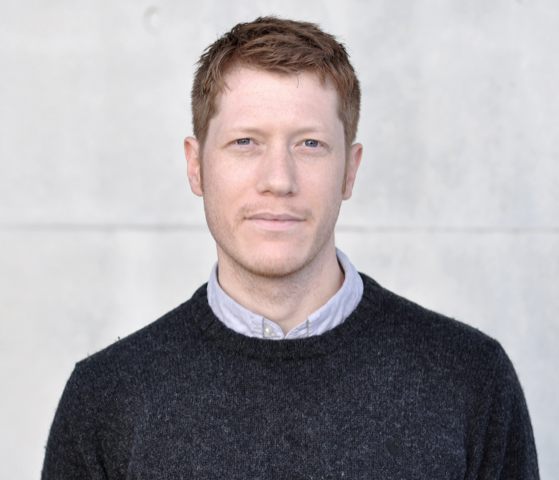Since Autumn 2018, Felix Biessmann is Professor for Data Science at BHT and at the Einstein Center Digital Future. After studies in human cognition at Osnabrück, Zurich and Tübingen, Felix Biessmann turned to the field of machine cognition for his doctorate, which he completed at the Max Planck Institute for Intelligent Systems, Tübingen, and Technische Universität Berlin. “By instilling cognitive abilities in algorithms, not only do we make our everyday lives easier, but we also come to understand better our own cognition,” says Professor Felix Biessmann. “This is why during my doctorate I shifted my focus more to machine cognition.”
In his doctoral thesis, he concentrated on the development of statistical learning algorithms for brain-computer interfaces and biomedical applications such as prostheses, as well as on carrying out fundamental research in the field of neuroscience. “The difficulty lay in combining the vast amount of multi-modal data and evaluating it as a body.”
Following a year of postdoctoral studies with Dr. Klaus-Robert Müller, professor of machine learning at TU Berlin, Felix Biessmann was then himself appointed professor at Korea University, Seoul. “There I taught machine learning for a year, before returning to Berlin for personal reasons,” says Professor Biessmann. From 2014 to September 2018, he worked as a machine learning scientist for Amazon at its research laboratory for machine learning in Berlin.
In September 2018, he was appointed professor of data science at BHT. “While working for Amazon, I was intensively involved, among other things, with the quality of data. The results of machine learning processes strongly depend on the quality and composition of the data that is available to the algorithms for learning. We worked on systems that measure the quality of data and automatically correct certain types of error. The more that data-driven systems come into existence, the more important it is to equip them in such a way that they are able to work well under realistic conditions too – that is, even if the data available is incomplete or false.”
Parallel to his work at Amazon, Professor Biessmann was also involved in projects jointly conducted with the German Cancer Society (DKG) and the Berlin Social Science Center (WZB). “In both projects, the research goal is to use methods of machine learning in order to support people in their work, thus facilitating more efficient processes with regard to categorizing texts. A special focus of the work will be on the interpretability of algorithms. Professor Biessmann’s research will also continue to focus on this area in the future. “Algorithmic decisions influence the lives of every one of us – and as part of my professorship, I wish to contribute to the understanding of machine learning as a reasonable, assistive technology that concentrates on functional cooperation, instead of creating a situation in which humans are required to compete with algorithms.”

